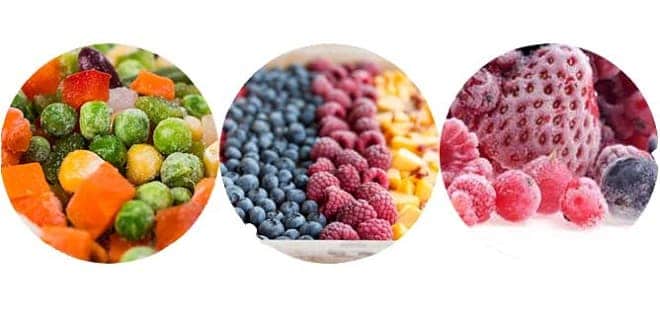• Examples of freezing in daily life
• Purpose of freezing
• Stages of freezing
• Effect of freezing on properties
• Types of freezers
• Freezing medium
• Shelf life and quality of frozen foods
• Equipment to characterize freezing
• Effect of solids on freezing point of solution
• Determination of freezing time
Examples in Daily Life
• Ice rink
– 9,000 gallons of ‐9 °C brine
– 5 miles of pipes
– 270 tons of cooling (1 ton of refrigerant = 3516.8 W)
– Humidity and temperature control needed
– Ice hockey versus ice skating (Load, impact)
• Earth’s surface
– 10.4 % is covered with ice
– 20% is permanently frozen
– Thickness of ice covering Antarctica (avg. temp. ~ ‐37 °C)
• Average: 2164 m; Max: 4785 m (> 10 times height of Sears tower)
• ~61 m rise in ocean level if all ice melted; add ~ 7 m for Greenland; not much in arctic
• Does the water inside animals living in extreme cold, freeze?
• Do hot water pipes burst before cold water pipes in winter?
• Can the engine coolant or fuel in our car freeze?
• Does Niagara Falls freeze?
• How does an ice maker work?
• How does a frost‐free freezer work?
• How does a snow‐maker at a ski slope work?
• How does a de‐icer (for cars and planes) work?
• Ice as an insulator
– Igloo
– Freezing of pond (do fishes survive? What does wind do?)
• Depression in freezing point
– Salting of roads during winter
• Freezing foods
– Blue ice, gel pack, dry ice, liquid nitrogen
– How is a popsicle made?
• Safety of using liquid nitrogen (in a room or car)
– 10 liter dewar spilt in a 17 x 17 x 8 room
• Reduces oxygen level to < 19.5% (need to use respirator)
• Freeze drying of milk/coffee powder
– Lower the temperature and use vacuum to sublimate ice
Freezing
• Purpose of freezing of foods
– To slow down rates of detrimental reactions by lowering temperature and water activity (aw)
• Microbial spoilage
• Enzyme activity
• Nutrient loss
• Sensorial changes
– Prolongs shelf life beyond that of refrigerated foods
…

